Matt Sobel’s 2015 feature film directorial debut, ‘Take Me To The River,’ is a drama film replicating the stifling perplexity of childhood trauma induced by secrecy within family dynamics. Featuring Logan Miller and Robin Weigert in central roles, it follows a Californian gay teenager, Ryder, who wants to come out to his extended family on his visit to Nebraska. His parents dissuade him from the same, believing some things are better left unsaid.
However, things turn alarming when Ryder’s uncle, Keith, discovers his young daughter, Molly, with blood on her dress and accuses him of abusing his cousin. The film intentionally remains vague until the end, refusing to tie up the numerous loose ends the storyline leaves behind. As such, viewers must be curious to know more about the ending and its many implications. Here is everything we know about the same! SPOILERS AHEAD!
Take Me to the River Plot Synopsis
The film opens with Ryder and his family driving to their grandma’s farm in Nebraska for a family reunion. Ryder, a gay teenager, is reluctant to keep his identity a secret any longer, but his parents advise him against coming out to his conservative family. Still, upon their arrival, he manages to stand out against his cousins in his bright, expressive clothing and receives some teasing because of the same. Nevertheless, Ryder continues to be his own self around the family, drawing animal pictures for young girls while boys his age play sports outside.
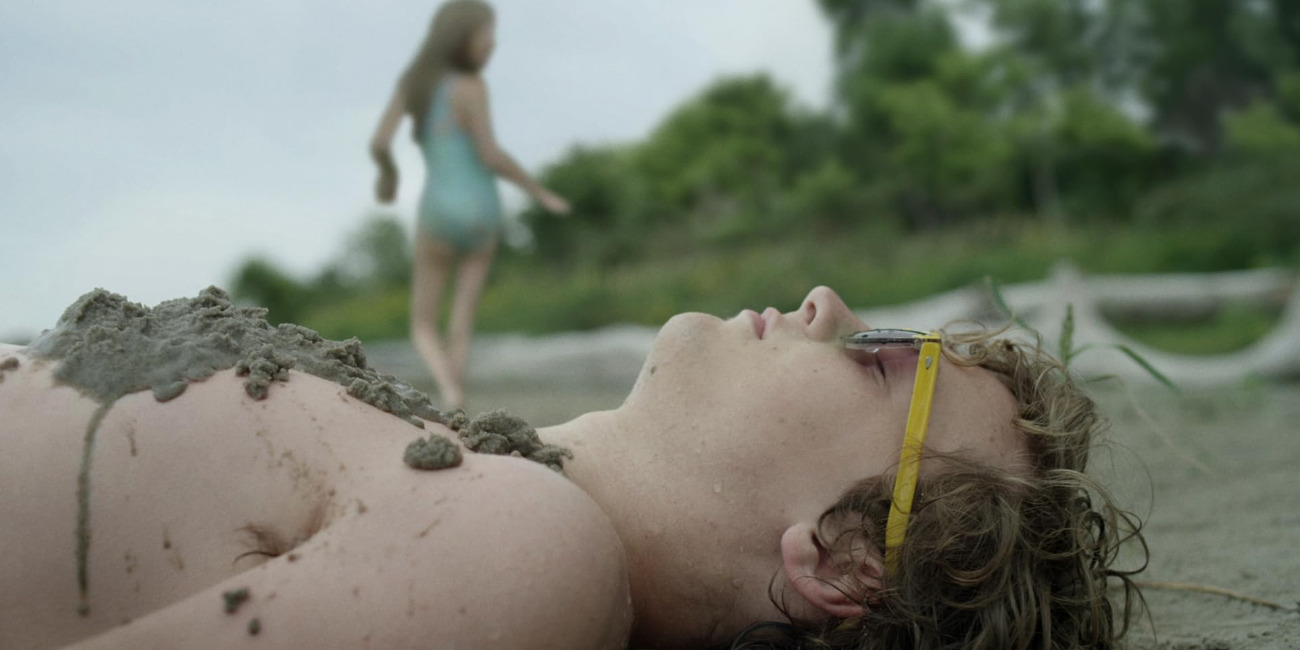
Eventually, Ryder’s cousin, Molly, develops an attachment to him, constantly seeking his presence. As a result, he agrees to take her to the barn, but soon she returns to the family screaming with blood on her dress, while a confused Ryder follows behind. Molly’s father, Keith, instantly assumes he assaulted her and confronts him about it in front of everyone. As a result, Ryder runs away from his grandma’s house to a nearby shack on the farm.
Later, his mother, Cindy, comes over and tells Ryder that Grandma wants him to stay in the shack for the night. Although she believes her son, she thinks he should give the family time to cool down. Therefore, Ryder spends the night in the old, shabby place. The following day, he returns to the main house and finds his family car vandalized with insults scribbled all over the doors. Although Ryder assumes Uncle Keith to be behind the incident, Cindy seems intent on hiding it from the rest of the family without any confrontation.
The same evening, Molly’s younger sister, Abbey, arrives at Grandma’s house, where Ryder and his family are staying. Extending an apology and a dinner invitation on Keith’s behalf, she takes Ryder back to her house on horseback. Although the dinner is awkward with Keith’s subtly interrogative questioning, the teenager remains cordial and makes conversation. Afterward, when it’s time for Ryder to return home, he watches Keith whisper something in Molly’s ears secretly before the young girl accompanies him back home to show him the way.
Surprisingly, Molly takes a detour halfway through, bringing them to a remote river, where she insists on swimming with Ryder. As the two cousins play around, he eventually loses sight of her. As night falls, Ryder frantically looks for Molly, finding her with his parents and Keith at Grandma’s house. As the two siblings, Keith and Cindy, sit down together, a bizarre conversation follows that gives Ryder clues to piece together the secret behind his family’s past.
Take Me to the River Ending: What Happened Between Cindy And Keith?
Early in the film, it becomes clear that there is some bad blood between Ryder’s mother, Cindy, and Molly’s father, Keith. Although he is civil toward her and her family, he closely monitors Molly whenever she tries to spend time with Ryder. As such, when she returns from the barn with blood on her clothes, Keith immediately snaps at Ryder, even physically dragging the boy away from his daughter. The extreme response seems far more than general protectiveness, especially after he outright dismisses the idea that Molly could have started her period.
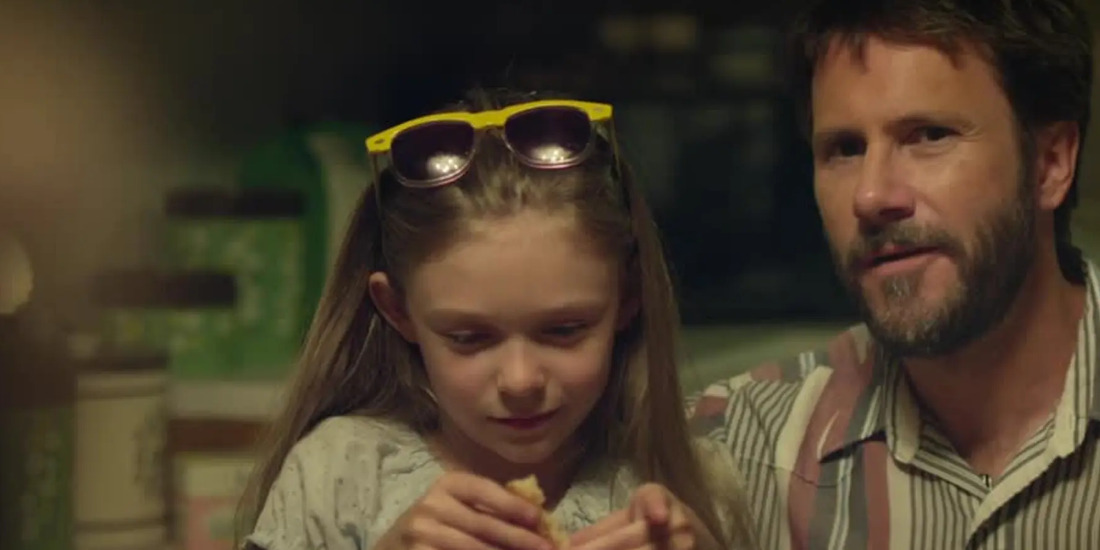
Moreover, Cindy seems convinced that Keith is treating her son poorly as an act of revenge against her. Yet, neither the audience nor Ryder knows what exactly happened between the two siblings to warrant such a reaction. Cindy tries to explain Keith’s dislike for her away by citing his displeasure at her inheriting their father’s money. However, since he inherited the land, the same seems like an unlikely source for the feud.
Ultimately, Ryder discovers the truth after playing with his young cousin at the river on their way home. At the river, Molly, energetic as she is, gets on top of Ryder’s shoulders and urges him to play “Chicken Fighting” with her. Nevertheless, since chicken fighting requires more than two people, Ryder is confused by her desire to play the game. To make matters worse, Molly starts inappropriately rocking into the back of his neck while “playing chicken fighting.” Later, when Keith talks to Ryder and his family, he tells the latter that he and Cindy used to play chicken fighting as kids.
By now, Ryder and the audience know chicken fighting is a euphemism and likely leads to more sexual scenarios. Therefore, Keith dislikes Cindy because of what happened between them in the past. At the precipice of puberty, Cindy likely instigated something sexual with Keith without fully understanding it. As a result, since he is older, he gets blamed for it after their mother finds out. Due to the same, Keith despises Cindy for painting him out as immoral and eventually running away from the farm to the big city. Likewise, he assumes Cindy’s son must have done something similar to his daughter and blows up at him.
Who is Ryder’s Father?
Throughout the film, the narrative hints at several matters that leave the audience curious to know more. That said, the plot drops them all just as effectively, unwilling to give up its ambiguity even once. Ryder’s lineage is another matter that gets brought up early in the film. Seemingly sure of herself, Molly asks him if Don, Cindy’s husband, is not really his father. Ryder declines the claim and assumes she heard it from her father, Keith.
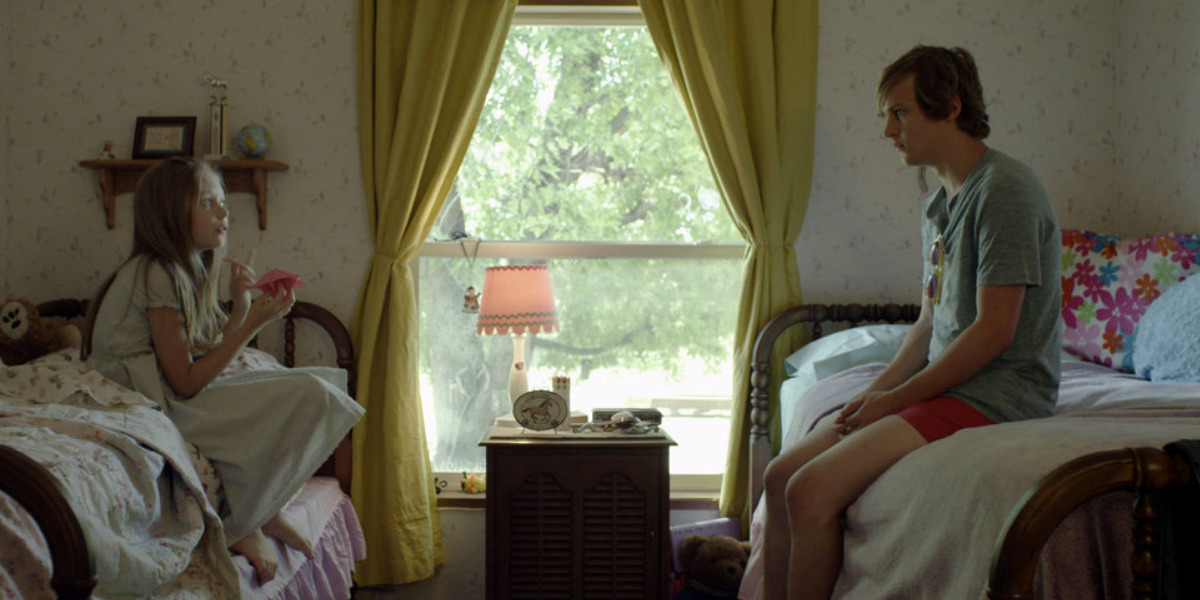
This scene, though fleeting, suggests an uncomfortably sinister backstory. When talking about Keith and Cindy’s past, it’s pertinent to remember he is much older than her. Additionally, the fact that Molly, barely a pre-teen, instinctually starts something so inappropriate with Ryder on several occasions calls for definitive concern. Therefore, it’s not far-fetched to assume she learned it from her father since she also calls the activity chicken fighting.
As such, if Keith taught his young daughter a game that is inherently sexual, his character shouldn’t be written off as someone moral or without blame. Due to the same, it’s possible that although Cindy instigated their improper relationship as children, Keith, as the older kid, encouraged it. Her reaction after Ryder learns about her past also suggests someone deeply traumatized by the event who wishes to forget it wholly.
It could be why Cindy ran away from Nebraska and often puts on a mask whenever she returns. Although the film doesn’t firmly confirm the same, it leaves the suggestion that Keith could be Ryder’s father out for the audience to grab. Since he is so much older than Keith’s kid, it suggests that Cindy could have had him at a young age. Still, exactly how young is something that the narrative again refuses to answer.
All of the above serves as evidence hinting toward the idea that Keith is Ryder’s father while remaining incredibly circumstantial. Ultimately, whether or not it is so is entirely up to the viewer’s interpretation. The film intentionally frames itself in a way that leaves the audience confused and looking for answers. In doing so, it urges the viewers to come up with their own interpretations to start uncomfortable conversations about something taboo.
Does Ryder Come Out To His Nebraskan Family?
At first glance, the film seems like a coming-of-age movie about a gay teenager surrounded by conservative relatives. Although the plot takes a sharp turn early in the story, his position within his family as an outsider remains the same. Ultimately, Ryder doesn’t come out to his extended family and leaves with his secret. Throughout the film, he stays away from most of his relatives and only spends much time with Keith’s family when he has dinner with them.
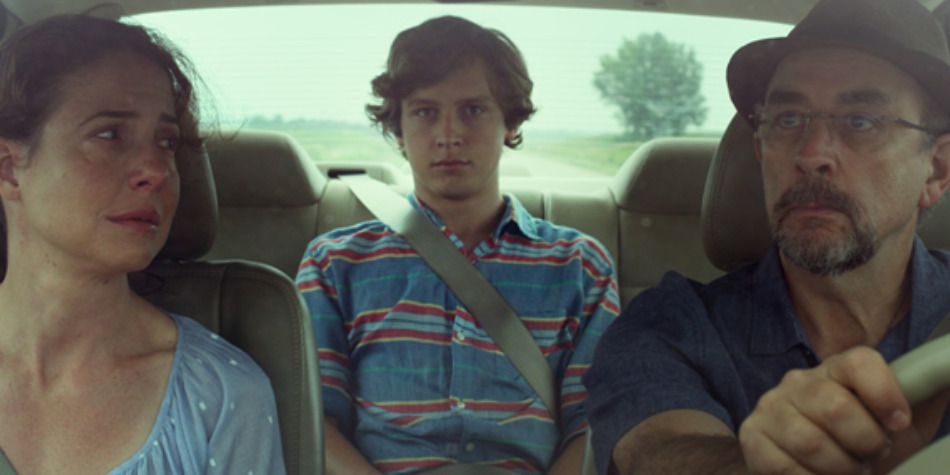
During the same, Ryder shares his interest in songwriting and sings a song for the family. Due to the song’s prominent queer theme, Keith likely picks up on the fact that he is gay. Eventually, the latter also eases up on Ryder and approves of him being a father figure to Molly. Therefore, it’s safe to assume Keith probably figures out the truth about his sexuality, given he barely ever tries to hide it.
Nevertheless, Ryder’s sexuality remains secret from the rest of the family, as Cindy wishes. As such, the cycle of secrets and miscommunication persists within her family. Topics anyone may deem uncomfortable continue to be brushed under the rug, setting the next generation up for failure just as Keith and Cindy were.

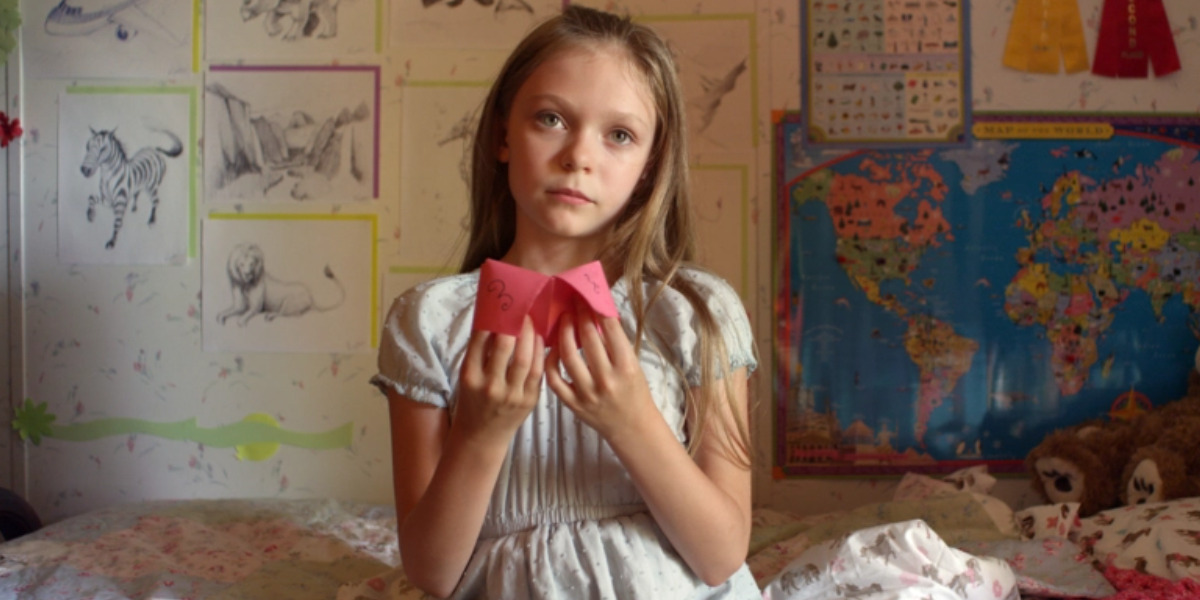
You must be logged in to post a comment.